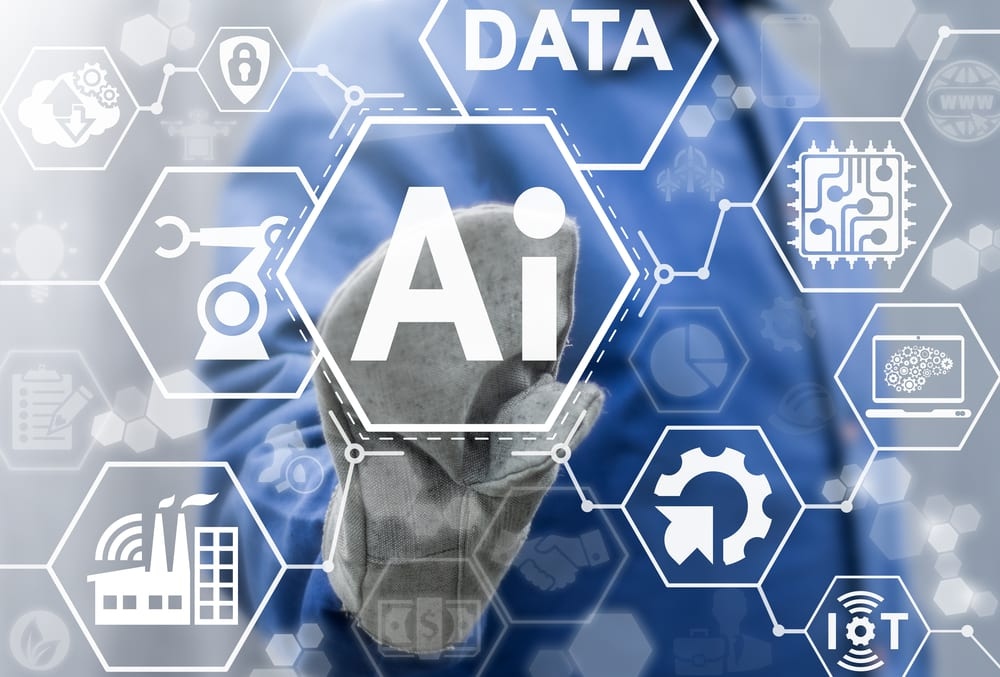
@ShahidNShah


Healthcare organizations face a complex balancing act when integrating AI, navigating the promise of significant benefits alongside inherent risks. The technology brings a wealth of benefits, such as speeding up and improving the accuracy of patient diagnoses. It can also save lives by augmenting research and testing of cures and treatments. But, as with AI implementations in any industry, there are downsides — such as data privacy and accuracy.Achieving accurate AI models in healthcare necessitates the use of detailed patient data, highlighting the critical importance of responsible data management and minimizing unnecessary collection. However, to avoid exposure of sensitive healthcare information, healthcare entities must also ensure such data is secure and separated from other companies’ (and more general) data inputs.
AI rapidly transforms healthcare, offering significant advantages in diagnostics, data management, and research. AI tools are increasingly used in public health research to analyze large datasets from electronic health records (EHRs) and registries, minimizing biases inherent in traditional survey methods. The tools support disease prevalence studies and predictive modeling for better-informed interventions. AI platforms also streamline image analysis, enabling faster diagnoses, especially in resource-limited settings.
Continue reading at healthcareittoday.com
Robotic telesurgery is a breakthrough for global medicine, but its success will depend on solving latency issues and improving infrastructure.Robotic telesurgery allows surgeons to perform procedures …
Connecting innovation decision makers to authoritative information, institutions, people and insights.
Medigy accurately delivers healthcare and technology information, news and insight from around the world.
Medigy surfaces the world's best crowdsourced health tech offerings with social interactions and peer reviews.
© 2026 Netspective Foundation, Inc. All Rights Reserved.
Built on Feb 17, 2026 at 3:24pm